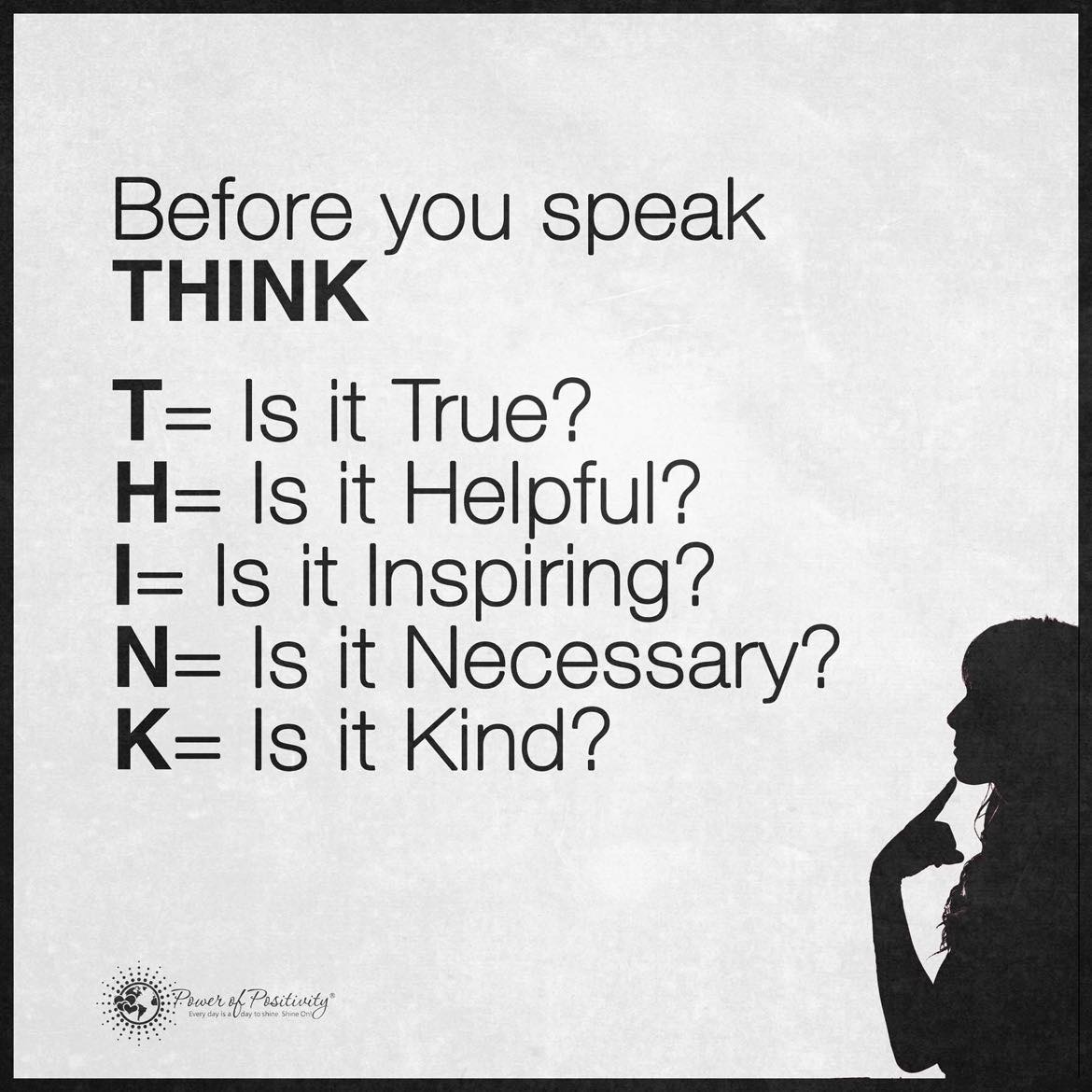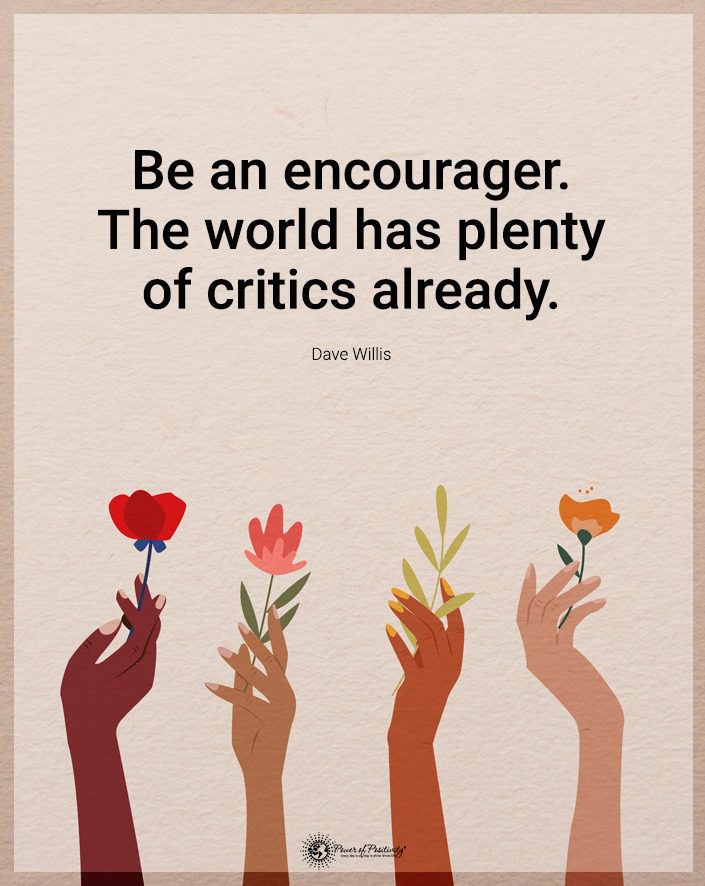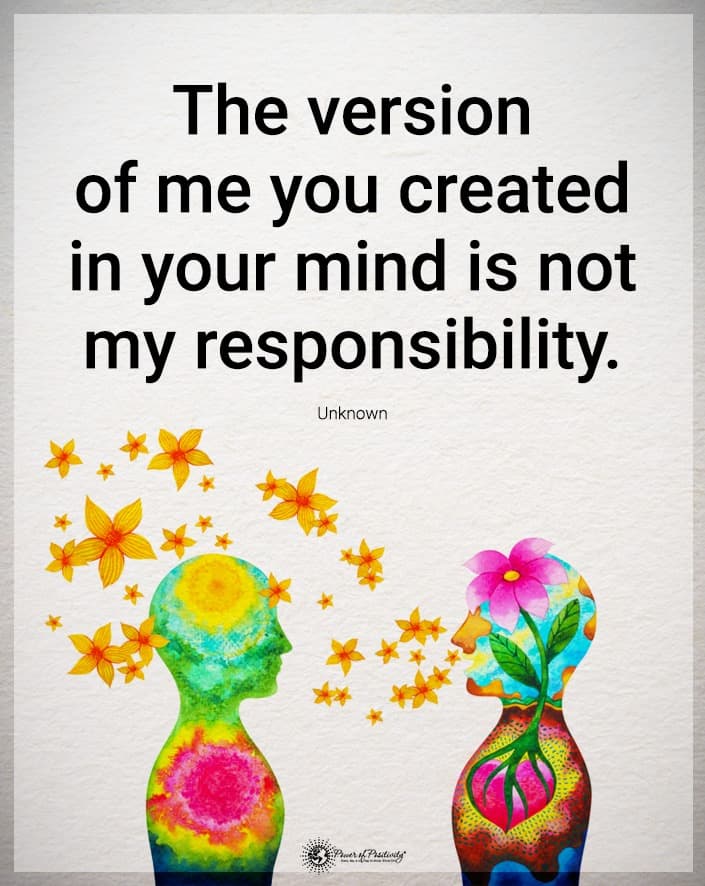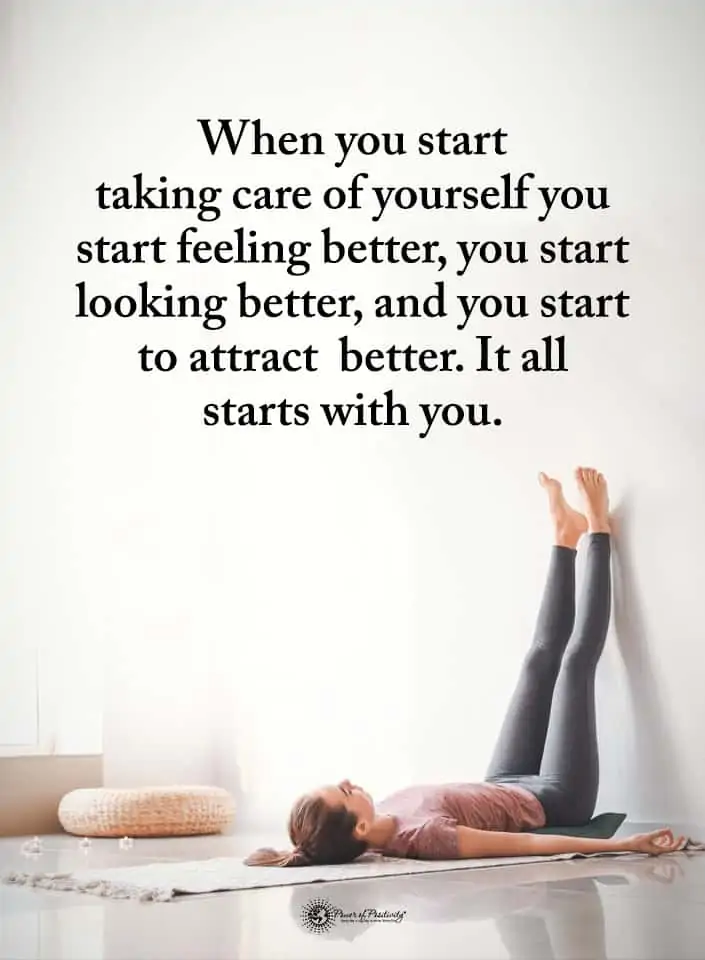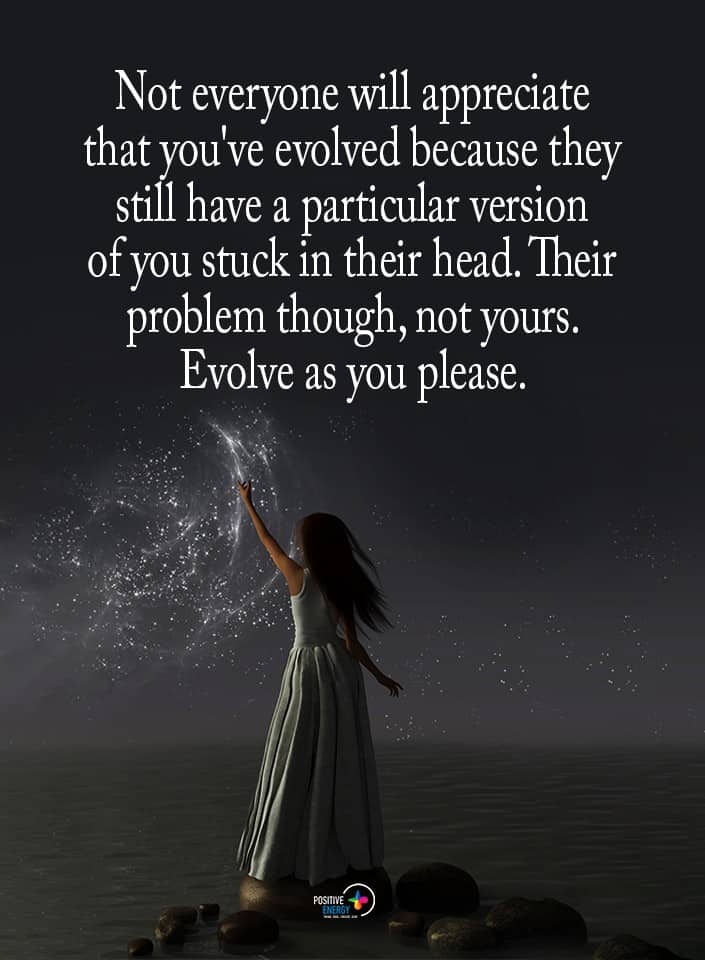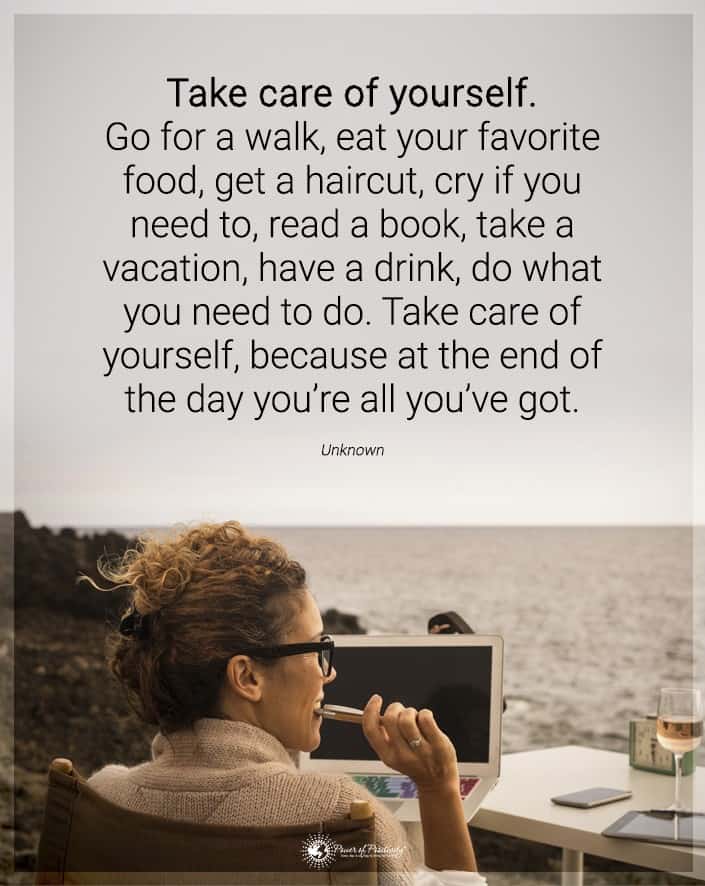A new study reveals that siblings of children with disabilities may have greater cognitive empathy. However, the research found no variations in emotional empathy or prosocial behaviors between those with neurotypical or neurodivergent siblings.
Researchers from the Hebrew University of Jerusalem, the University of Cambridge, and the University of Toronto collaborated on the study. They wanted to investigate how growing up with a disabled sibling may foster empathy and compassion. The findings have been published in the journal Child Development.
Having a child or sibling with a developmental disorder or disability often causes immense stress for families. Siblings who grow up with a disabled sibling may experience more adversity and challenges. However, few studies looked into the positive aspects of growing up with a disabled sibling until this research.
The recent study marks one of the first to investigate the connection between having a disabled sibling and greater empathy.
“The findings indicate that siblings of children with disabilities may have greater cognitive empathy (i.e., understanding of others’ thoughts and feelings), which is important as cognitive empathy is key for social skills,” said Yonat Rum, a postdoctoral researcher at the Hebrew University of Jerusalem and the University of Cambridge.
People With a Disabled Sibling Have More Empathy, According to Psychology
Researchers analyzed data from the Longitudinal Israeli Study of Twins for the study. This includes 1,657 families of twins born between 2004 and 2005, with demographic traits similar to those of the Jewish population in Israel. Researchers identified 63 families who had one twin with a disability and the other with normal development.
Next, the team compared the neurotypical twin siblings of disabled children to typically developing twin siblings from the remaining sample. They measured their cognitive and emotional empathy and prosociality when the children were eleven years old.
Researchers gave participants a self-report questionnaire assessment of cognitive and emotional empathy. They also asked them to complete a computer task to determine prosocial behaviors. These are behaviors that benefit or help other people. Finally, the team gave the participating children’s parents a survey to assess their children’s prosocial behaviors.
The findings revealed that neurotypical children with a disabled twin scored significantly higher in self-reported cognitive empathy than typically developing twins. They didn’t find any differences in emotional empathy or prosocial behaviors, however.
“These positive effects might be due to the specific ‘advantage’ of cognitive empathy to better understand their sibling with disabilities and to support the sibling relationship,” said Ariel Knafo-Noam, professor at the Hebrew University of Jerusalem.
The authors added that the experimental findings warrant more research using different measurement methods in the future. The Israel Science Foundation and partially supported by the Halbert Centre for Canadian Studies, the Hebrew University of Jerusalem, and an Azrieli Fellowship, helped fund this study.
Another Study Reveals Similar Findings
Having a sibling can make life more fulfilling, especially since siblings usually have a strong bond. A 2020 Tel Aviv University and University of Haifa study reveals that having a sibling with an intellectual disability further strengthens this bond. They found more positive relationships between children and siblings with developmental disabilities than those between neurotypical siblings.
Prof. Anat Zaidman-Zait of the Department of School Counseling and Special Education at TAU’s Constantiner School of Education performed the study. She collaborated with Dr. Dafna Regev and Miri Yechezkiely of Haifa’s Graduate School of Creative Art Therapies. The findings first appeared in Research in Developmental Disabilities.
“Having a child with a disability in a family places unique demands on all family members, including typically developing siblings,” Prof. Zaidman-Zait explains. “Although challenges exist, they are often accompanied by both short- and long-term positive contributions.
“Through our research, we found that relationships among children with siblings with intellectual disabilities were even more supportive than those among typically developed siblings. Specifically, we found that children with siblings with intellectual disabilities scored higher on empathy, teaching, and closeness and scored lower on conflict and rivalry than those with typically developing siblings.”
Researchers decided to measure children’s kindness using art or self-reporting for the study. This would allow them to assess the emotional health of children who had a disabled sibling.
The scientists recruited sixty children aged eight to eleven for the study. Half the participants had neurotypical siblings, and the other half had neurodivergent siblings. Through drawings and questionnaires, they asked the children to express their relationship with their siblings. The team also asked the mothers of the children to answer questionnaires about their children’s relationship with their siblings.
Prof. Zaidman-Zait says this:
“We drew on the basic assumption that artistic creation allows internal content to be expressed visually and that children’s self-reports have special added value in studies measuring sibling relationship qualities, especially in areas where parents might have less insight.”
Researchers asked both sets of neurotypical children to draw pictures of themselves and their siblings. Then, licensed art therapists used specific criteria to assign scores to the illustrations. These criteria were as follows:
- The physical distance between the figures;
- The presence or absence of a parent in the image;
- Amount of detail invested in either the self-portrait or the sibling representation, and;
- Amount of support given to a sibling in the picture.
The children also filled out a Sibling Relationship Questionnaire, which asked questions about their closeness, dominance, conflict, and rivalry with siblings. Researchers then analyzed the children’s artwork and questionnaires, in addition to questionnaires completed by the children’s mothers.
They discovered that the children who had siblings with intellectual disabilities scored much higher on empathy, teaching, and closeness. They also scored lower on conflict and rivalry in sibling relationships than those with neurotypical siblings.
Prof. Zaidman-Zait concludes that having a disabled family member makes the rest of the family more empathetic towards others’ needs.
Final Thoughts About How Having a Disabled Sibling Increases Empathy
Caring for others keeps society functioning and makes life worth living in this world. We’ve survived for millennia by cooperating to solve problems, and it’s no different in the modern era.
Studies have shown that caring for a disabled sibling increases empathy and consideration for others. Of course, many people without disabled siblings are empathetic and want to help others. But, looking after someone with a disability can help foster kindness at an early age.

